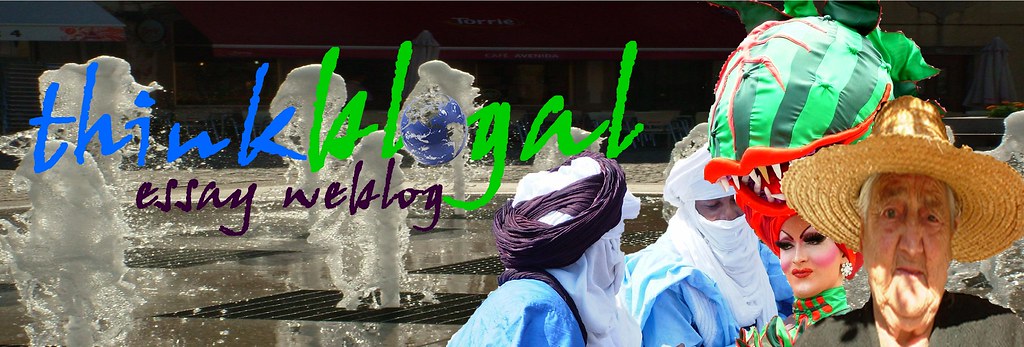Murphy's Law
Until her first interview (after three weeks as a hostage in Iraq), Susanne Osthoff was being regarded as a frail and humiliated victim of islamic terrorists. All over the country people signed plea lists claiming for her life, and her family - to which she has almost no contact - kept appealing to the kidnappers to set her free. At the beginning of all misunderstandings, she disappointed her fellow Germans by presenting herself as a "friend of Iraq", on Arab TV Channel Al-Jhazeera. As a matter of fact, German journalists never really understood why she preferred to speak to Al-Jhazeera, instead of giving to Germany's press the chance to release those "breaking news" .
Days later, Susanne Osthoff manage to make worse what was already bad enough. Speaking live from Katar to journalist Margaretha Slomka, from German public Channel ZDF, she sounded extremely confused. But nothing she'd say would be more "disgusting" than the Burka she wore during the interview. From that point on, Mrs. Osthoff was a kind of "fallen hero". "The woman must be nuts", thought a great number of Germans. At the same time the press developed a theory she might be 'mentally disturbed'. Also a local psychologist, known for his work with victims of kidnapping , stated she could have been a" willing party to her own abduction ". Since then, the archaeologist's pleas for compassion have been rejected.
A chronology of facts is necessary to explain the transformation of Susanne Osthoff. From hostage of a not yet officially identified group with links to terror in the Arab world, to a person "whose rights to come and go should be suspended" or "who should have her German passport withdrawn", as suggested by outraged readers of the daily "Bild", misled by a fatal translation error during Osthoff's interview to Al-Jazheera. Speaking to the Arab TV channel, the archaeologist was said to have mentioned her will to go back to Iraq "as soon as possible". As she spoke Arabic, German translators just messed up her words, and their correction afterwords came just too late for her reputation.
Osthoff , who had been working in Iraq for the past 13 years, recovering archeological treasures all over the country, explained later that, as a Muslim, she had to attest publicly that her kidnappers have been respectful to her during those three weeks. "This is a question of honour. Arabs understand this well, and I had to do it", she told, to justify her interview to Al-Jhazeera, as part of the negociation of her freedom. Besides work and faith, Susanne Osthoff also found passion in the Middle East, where the father of her 12-year-old daughter comes from. "I belong to the desert", she keeps saying. The more she tries, Susanne Osthoff can't hardly control her anxiety. She gesticulates wildly, smokes one cigarette after the other, seems about to cry but instead of of having a public nervous breakdown she just manages to say: "I think Germany hates me". She was under intolerable mental strain, being moved from a place to another in a car trunk, with a gun pointed to her head, with no idea what was coming next.
The dream's over
Since former chancellor Gerhard Schröder announced Germany's opposition to America's war on Iraq, Germans have assumed they, as well as their country, would be safe from terrorism. This assumption seems to follow the typical German way of thinking, in which facts and the consequences they might bring stay in a causal relationship to each other. "If we have been kind to them, they will be kind to us", they thought - and felt reasonably good about it. The abduction of Susanne Osthoff put an end to their dreams of safety, despite all the warnings pointing out to the contrary. The behaviour of Susanne Osthoff, who dreams of a life in a tent in the desert, scratched the national pride, for she never showed any homesickness, as she's sure can have it better somewhere else.
On day 12 of her kidnapping, Susanne Osthoff was told she would be submitted to a trial, accused of betraying Islam. Weakened and afraid to die - she was under suspicion of being a spy working for Israel – she challenged her "brother in faith" and told him that she, as himself, had no judgement to face but Allah. He then got the message. On day 24, she was released, probably after payment and secret negotiations. Osthoff, now accused of having served German secret service, is thus sentenced for being herself.













<< Home